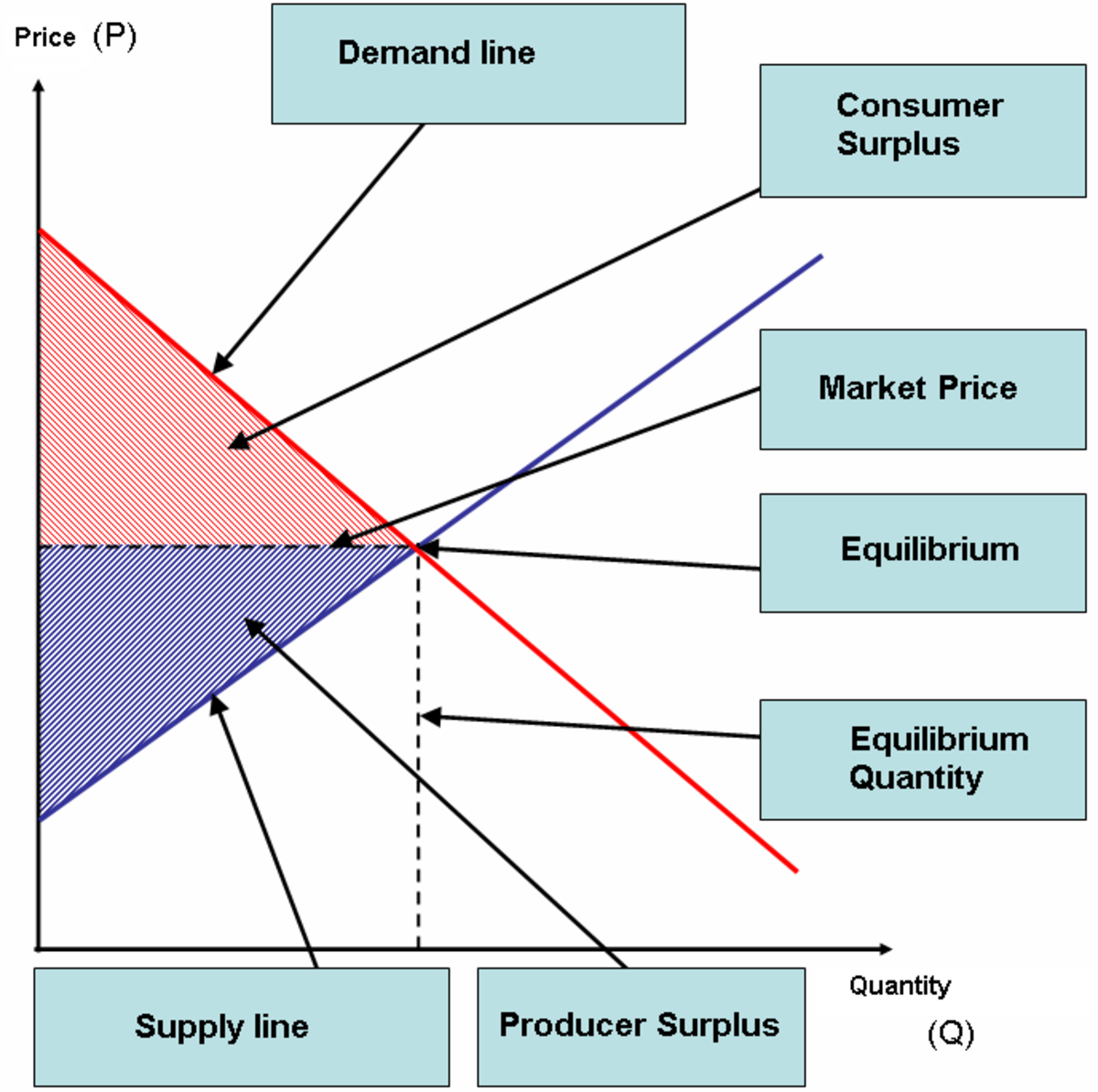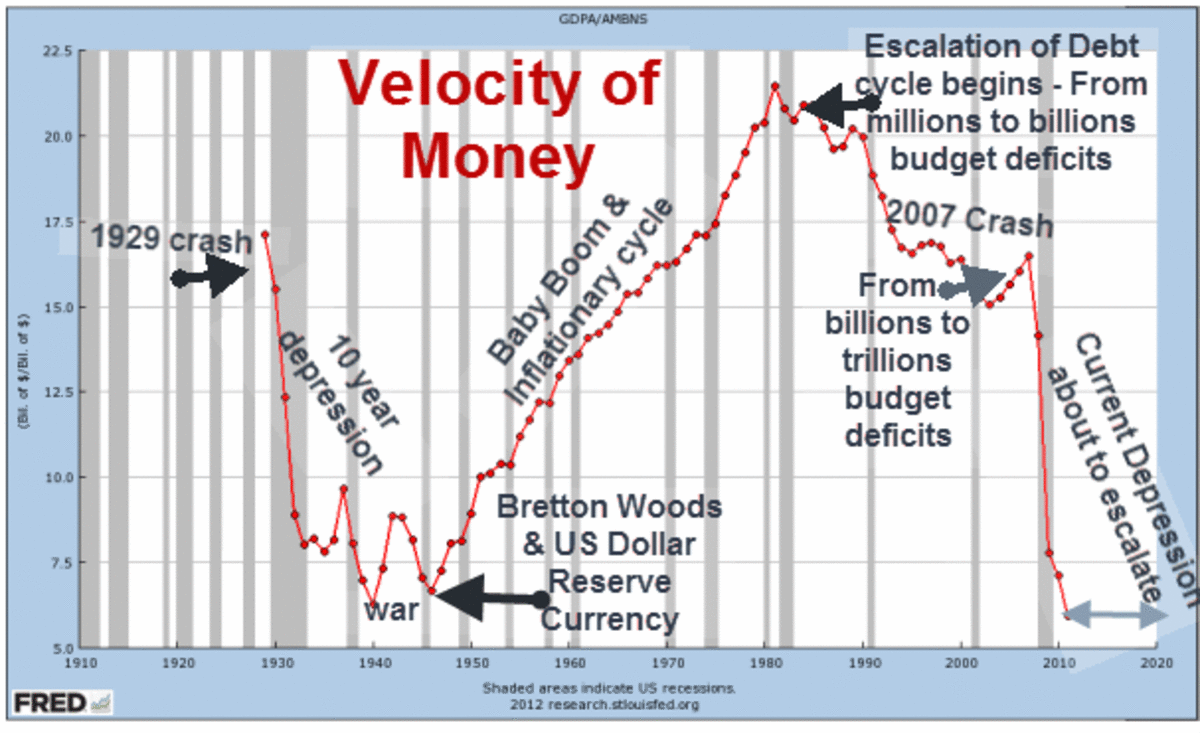Economics--why it's not dismal?

Certain Aspect Of Economics Are An Enigma
Here’s the thing about economics, whether you like it or not, you can’t take away from the pure enigmatic dynamics of its logical existence. Often called (among other things) the dismal science, the science of economics takes on many different style and forms. From macroeconomics to applied economics, the common denominator that lingers seems to be a perverse sense of vagueness into the benefits that economic concepts play within the periphery of contemporary society. The beauty of the science is that no matter who enacts the concepts, the benefit to society remains the same—to be exact, the innate “biological instinct”—inside of man/woman—has driven him/her to create the kind of society we enjoy today. In other words, economics as a virtual concept has transcended its original inception.
The Concept of Economics Are Rooted in Human Nature
It would be this same biological instinct that perpetuates mundane human activities: What drove you to get up in the morning, brush your teeth, cloth yourself, eat breakfast and dash out the door to your inevitable place of work? Adam Smith, the father of economics, postulated this phenomenon to be associated with the workings of a mystical Invisible Hand:
...every individual necessarily labours to render the annual revenue of the society as great a she can. He generally, indeed, neither intends to promote the public interest, nor knows how much he is promoting it. By preferring the support of domestic to that of foreign industry, he intends only his own security; and by directing that industry in such a manner as its produce may be of the greatest value, he intends only his own gain, and he is in this, as in many other cases, led by an invisible hand to promote an end which was no part of his intention. Nor is it always the worse for the society that it was no part of it. By pursuing his own interest he frequently promotes that of the society more effectually than when he really intends to promote it. I have never known much good done by those who affected to trade for the public good.
The above passage, as derived from his book An Inquiry into the Nature and Causes of the Wealth of Nations. Adam Smith talks about this same “biological instinct,” for which he asserted society at large benefited. So it could be left with very little doubt that certain concepts of economics are rooted within the fabric of society, not because it wants too, but because the laws of nature says it has too—the laws of nature could see it no other way. Watching human beings desire to amass wealth (money, investments, properties, etc) isn’t a lesson in economics, but more a lesson of nature’s response to creation of man and woman: as physical progressive living human beings, we have to do these things. This is what cynics of the disciple—who frivolously label economics the dismal science—so carelessly over look. While economics doesn’t explain everything that we do, one can make the argument that it does a sufficient job of mitigating the arduous task of untangling society’s mangled web of modern human driven mass hysteria. In other words, without economic concepts—even at the very primitive level—life as we know it would be a sublime arbitrary mess. It would be this proverbial distinction of the social science that has driven me to the behemoth affinity that I have for its virtual concepts.
Why Does Economics Motivate You?
There I was a young auspicious economic student, searching for unexplained answers of what motivated me. In other words, what gave me motion? To motivate just means to move. Nonetheless, I was always a man that inquisitively wanted to know, what was that unknown force that caused me to get up in the morning and what was it that really gave me motion? In other words, what was the real reason for my getting up and wanting to earn money? Surely, as any other primitive/modern man, I had “needs and wants.” But the search for that unequivocal feeling of euphoria was something that had eluded me all my life. However, as I read econ book after econ book, the answers I was searching for slowly started becoming less opaque and more visual. That is to say, this “biological instinct” made me move not because I knew where I was going, but somehow the unknown forces of economics facilitated a market for something that I knew needed and desired—which, of course, gives balance in life. This is the premise of what constitutes economics markets.
Economics And The Mechanics Of Markets
The concept of markets—within the study of economics—is as strong a concept as the concept of gravity within the study of physics. The idea of markets brings about the ubiquitous economic theory of supply and demand. In reference to the law of demand, the price of something is inversely tied to quantity demand; therefore, all things being equal, the quantity demanded of a good falls when the price of that good rises. For example, if the price of a cup of coffee rises to $30.00 a cup, people would drink less coffee. But if the price fell to $.30 a cup then people clearly would consume more coffee. In economics, you can’t get any more powerful than the market price for something. The concept of market price holds the key to opening a double-ended door of economic obscurity.
Market Price And Implications For Economics
As we’ve seen above, when the price of something rises, quantity demand will fall. What this really means within the economic logic of things is that when price rises: 1) less of it will be demanded and 2) more of it will be supplied. This convergence of demanders and suppliers is what markets are all about. A market is just a particular place were buyers and sellers meet at an agreed upon price and whenever buyers and sellers trade with one another at this particular place, a market price will be present. What’s a market price? According to author Marilyn Kourilsky, in the book titled, Economics And Making Decisions, “market price accomplish two things: 1) They tell producers which goods and services consumers wanted produced, and 2) They give producers an incentive to provide the most desired goods and service.” What this means is that the market price act as this objective numerical barometer from which producers can gauge, without a price for goods and services. What we see in command economies, producers tend to produce too much of something (surplus) or too little of something (shortage).
In conclusion, the place where price is neither a shortage nor a surplus is called equilibrium price. This is a very powerful concept at both the macro and micro level. At the equilibrium price, the market is considered balanced: when both supply and demand are equal, there exists no profit incentive. Again, other than command economies, prices in market economies are free to change, adjust and settle at this place of equilibrium: anything produced above the level of equilibrium is considered a waste (misallocation of resources) and anything produced below the level is a “need” that doesn’t get satisfied (misallocation of resources). Now, how can this be dismal?








